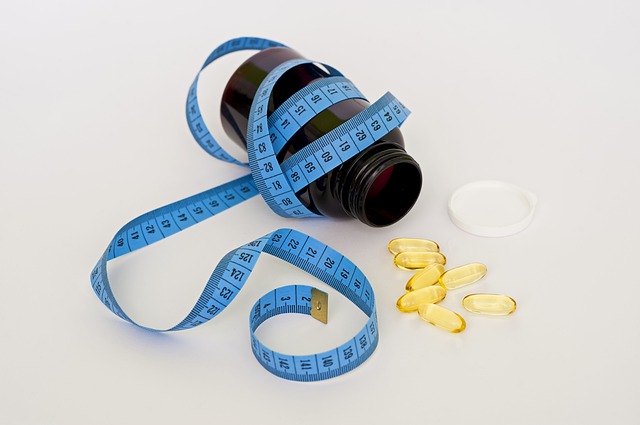Health Supplements and Nutrition
When it comes to health supplements, the choice of the right amount to go for depends on you. Although the manufactures go an extra mile to indicate for you the amount you should incorporate your diet, not all that is indicated therein is best for you. Making a decision to go for a better provision of your body is crucial and getting an advice from your health provider on what is best for you counts as well.
All products labeled as a dietary supplement carry a Supplement Facts panel that lists the contents, amount of active ingredients per serving, and other added ingredients (like fillers, binders, and flavorings). The manufacturer suggests the serving size, but you or your health care provider might decide that a different amount is more appropriate for you.
Sourced from: https://ods.od.nih.gov/HealthInformation/DS_WhatYouNeedToKnow.aspx
For a more fulfilling and reliable diet, taking on board some dietary supplements is inevitable to incorporate a number of vitamins, amino acids among other relevant constituents that are important for your health. It is, however, important noting that these supplements should be taken by mouth and should be labeled in accordance to their function.
How Are Dietary Supplements Regulated?
The Dietary Supplement Health and Education Act, approved by Congress in 1994, defines dietary supplements as products that:
Are intended to supplement the diet
Contain one or more ingredients
(like vitamins, herbs, amino acids or their constituents)
Are intended to be taken by mouth
Are labeled as dietary supplements
Sourced from: http://www.webmd.com/diet/truth-behind-top-10-dietary-supplements
Dietary supplements are not as safe all the way as may be perceived. There are a number of inconveniences that result from the use of such as they are mostly self-prescribed and many people are wrongly informed on the subject. This is why the US is working on monitoring supplement safety to curb any risks that they may come with.

Risks and side effects of dietary supplements
Like drugs, dietary supplements have risks and side effects. But sellers aren’t required to do research studies in people to prove that a dietary supplement is safe. And unlike drugs, dietary supplements are mostly self-prescribed with no input from informed medical sources like doctors, nurses, or pharmacists.
There’s a lot of wrong information out there. Even for those who are usually well informed, it can be hard to find reliable information about the safe use and potential risks of dietary supplements.
As part of its function to monitor supplement safety, the US Food and Drug Administration (FDA) tracks reports of illness, injury, or reactions from supplements. And supplement makers are required to report serious harmful effects to the FDA.